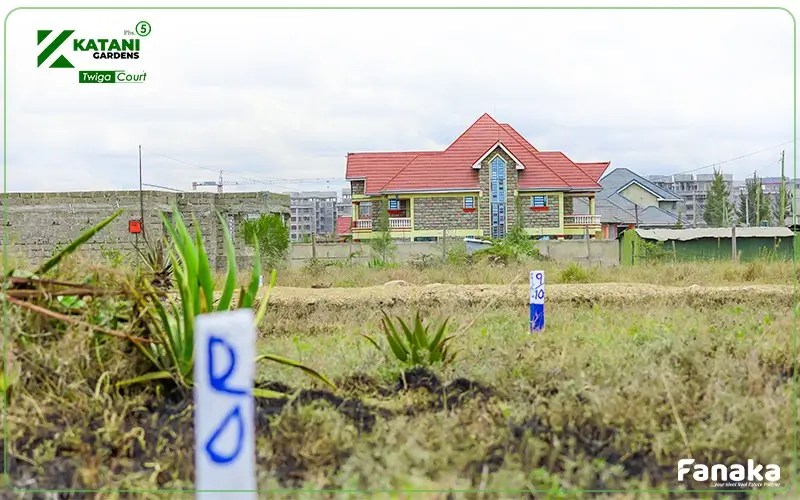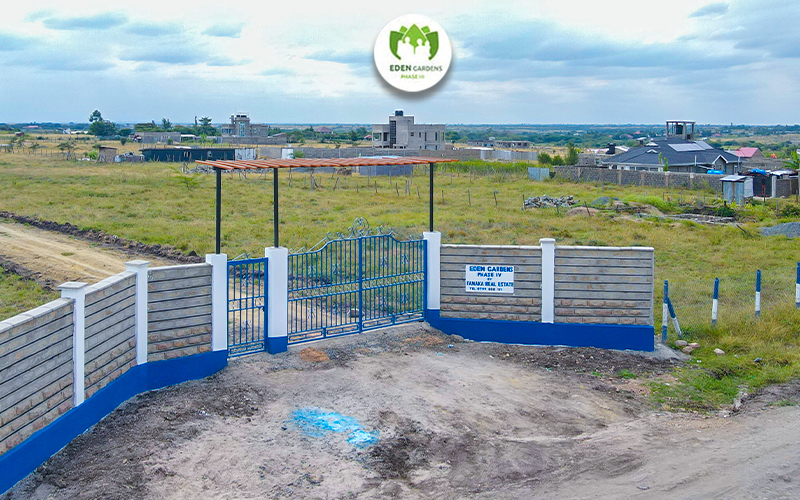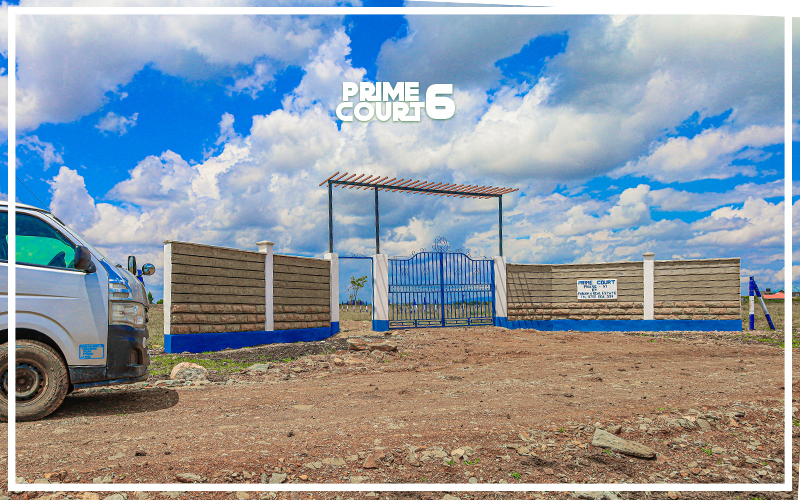
Leveraging Location Dynamics in Property Purchase
Location is important, but it’s a factor that a buyer can use to work down the seller’s price.
When buying property, location has three meanings.
First, it’s the proximity of the seller’s property to local goods and services.
A farm ten miles from town may not be priced lower than a property five miles from town, because farms, locally, are valued for other factors not their proximity to town.
A remote property—far from a publicly maintained road—should be priced lower than one with road frontage, all other things being equal. A buyer who does not need or want proximity to town or public road should not be expected to pay as much as he would for the more convenient property.
Use the absence of location and access to your advantage. Hunters looking for hunting tracts should look for land that’s comparatively cheap owing to its remoteness. If the seller’s property is close to town, complain about its closeness.
Second, location involves the proximity of the seller’s property to the buyer’s principal residence. The buyer, not the seller, puts a value on this location factor. Use distance from your home in your negotiations with the seller. Even if they’re pretty close to each other, complain about the stress of increasing traffic—a fact of everyone’s life.
Third, the seller’s property is valued higher or lower according to what’s around it. A public trash station opposite the seller’s entrance decreases value. Complain in a resigned voice about something around the seller’s property. A pretty open field across the road may become the next mega-development—it’s possible.
Here are a few tips to guide you when buying land for investment and profit.
- Don’t make a deal on your first visit.
- Don’t buy impulsively.
- Don’t make an offer before scoping the property. Conducting due diligence on a property is very important.
- Visit on a cold, rainy miserable day. Look for water problems in the area. Is the area a flooding zone?
- Visit at night and on weekdays. Is night-time lighting offensive? Traffic? Noise?
- Submit your offer in the lowest low of the off-season. Early January is a great time to buy rural property outside the city.
- Never confide in a real-estate broker or agent who is working for the seller.
- Never reveal your finances or your best price.
- Never tell such a broker or agent that you love the seller’s property or that you need to have it. NEVER.
It is always advisable to deal directly with real estate companies e.g Fanaka Ltd. Thoroughly go through the sales agreement to ensure you totally understand each and every phrase.
Have your local lawyer with you when you present your offer to the seller or his agent. Have your lawyer help draft any last-minute changes that are needed to get the deal done. If you’re not confident in your negotiating ability, have your local lawyer dicker with the seller over price and terms.
Ask the seller to provide all the required documents associated with that particular property. Let the property you’re buying help you pay for it. Sell something from what you buy at a higher price than what you paid.




